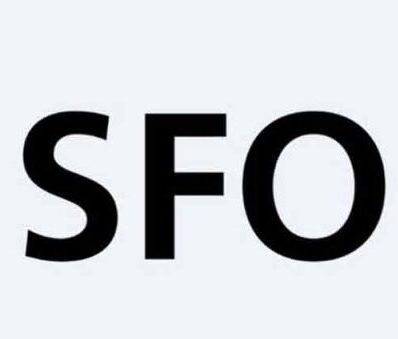What happened?
The SFO bribery investigation into Monaco-based consultancy Unaoil involved global companies, including American engineering company KBR Inc and its subsidiary referred to as KBR UK. KBR Inc is incorporated in the US. It had no fixed place of business in the UK and never carried out business in the UK.
In order to progress its investigation, the SFO compelled KBR UK to provide documents “held by KBR UK”, by sending them a notice under section 2(3) of the Criminal Justice Act 1987. KBR UK provided various items requested in the notice, but not all it. Some was not considered to be in its possession or control, as it was held by KBR Inc in the US.
A meeting was arranged for the parties to discuss this issue. The SFO requested that officers of KBR Inc attend that meeting, which they duly did. Having attended that meeting, general counsel of KBR Inc was handed a section 2 notice.
KBR Inc challenged the lawfulness of the order by judicial review, but the High Court dismissed the claim in 2018 – so KBR appealed to the Supreme Court.
What were the legal arguments?
As well as arguing about the language of the statute and the intention of parliament in drafting the Bill which became the 1987 Criminal Justice Act, both parties tried to draw parallels with other legislation where interested parties had tried to argue its extra-territorial effect.
In Serious Organised Crime Agency v Perry [2012] UKSC 35, the Serious Organised Crime Agency obtained a disclosure order pursuant to section 357 Proceeds of Crime Act 2002 against Perry, his wife and his two daughters, none of whom were domiciled in the jurisdiction. Perry successfully argued that section 357 did not authorise the imposition of a disclosure order on persons out of the jurisdiction.
Conversely, in R (Jimenez) v First-tier Tribunal (Tax Chamber) the Court of Appeal held that schedule 1 para 36 Finance Act 2008 could be used by HMRC to require a UK taxpayer residing outside the UK to provide information to HMRC for checking the recipients tax position. The distinguishable feature appears to have been whether non-compliance with the order is a criminal offence, as it is with a section 2 notice and with a disclosure order.
What did the Supreme Court decide?
In its judgment, published on 5 February 2021, the Supreme Court found in favour of KBR. It decided that section 2(3) of the Criminal Justice Act 1987 does not have extra-territorial effect, and that therefore the SFO cannot request documents from a recipient based in England, Wales, Northern Ireland (and technically Scotland) held from a company incorporated outside of that jurisdiction.
What are the implications?
The judgment provides some long-awaited clarity on this topic. Some have commented that the SFO has had its “wings clipped”, but it’s worth remembering that the SFO’s powers remain far reaching.
The parties in this case agreed that had KBR Inc been a British registered company, section 2(3) would have authorised service of a section 2 notice to produce documents held by them abroad. As would have been the case had KBR Inc had a registered office or a fixed place of business in this jurisdiction or carried on its business here.
Additionally, the SFO still has recourse to mutual legal assistance which is only being strengthened by the implementation of Overseas Production Orders which came into force in 2019.
How we can help
If you receive a request for information from any law enforcement or regulatory agency, we can help you to understand the request, liaise with the agency on your behalf, and advise you of the legal ramifications of such a request and non-compliance with it. For more information, please don’t hesitate to get in touch, or check out our business crime and investigation page here.




